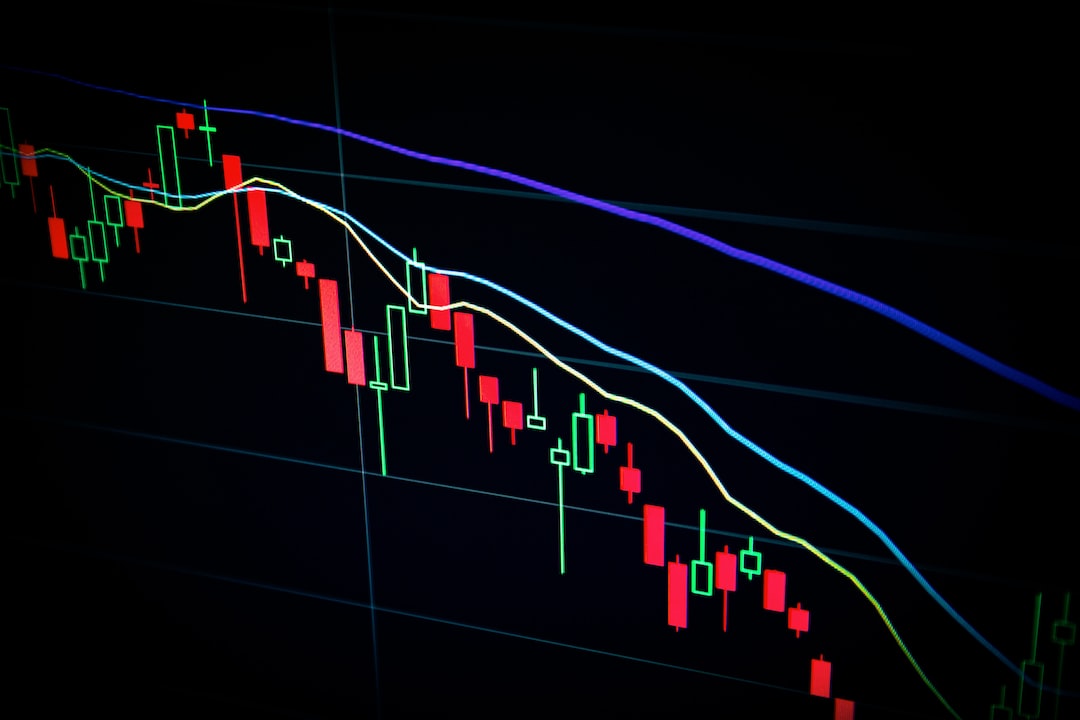Forex Handel vs. Stock Trading: Which is Right for You?
When it comes to investing, there are several avenues to explore. Two popular options are Forex Handel and stock trading. Both offer the potential for financial gain, but they operate in different markets and require different strategies. So, which one is right for you? Let’s dive in and explore the key differences between Forex Handel and stock trading.
1. Market Size and Liquidity:
The foreign exchange market (Forex) is the largest financial market in the world, with daily trading volumes exceeding $6 trillion. In contrast, the stock market is significantly smaller, with daily trading volumes of around $200 billion. The sheer size of the Forex market means there is ample liquidity, making it easier to enter and exit positions at any time. Stock trading, on the other hand, can be more challenging due to lower liquidity, especially for smaller companies.
2. Trading Hours:
Forex Handel operates 24 hours a day, five days a week, allowing traders to participate in the market at any time. This flexibility is a significant advantage for those who want to trade part-time or have a busy schedule. In contrast, stock markets have set trading hours, typically from 9:30 am to 4:00 pm, making it more suitable for full-time traders.
3. Volatility and Risk:
Both Forex Handel and stock trading involve risks, but the nature of these risks differs. Forex markets are known for their high volatility, with exchange rates fluctuating rapidly. This volatility can provide opportunities for quick profits, but it also increases the risk of significant losses. Stock markets, on the other hand, can also be volatile, but the fluctuations are generally less dramatic than in Forex. However, individual stocks can be subject to sudden price movements based on company news or events, which can also lead to substantial gains or losses.
4. Leverage:
One of the key advantages of Forex Handel is the availability of leverage. Leverage allows traders to control larger positions with a smaller amount of capital. For example, a 1:100 leverage means that a trader can control $100,000 with just $1,000. This amplifies both potential profits and losses. In stock trading, leverage is less common and typically limited to specific instruments like options or futures.
5. Market Analysis:
Forex Handel and stock trading require different approaches to market analysis. Forex traders often rely heavily on technical analysis, using charts, patterns, and indicators to make trading decisions. Fundamental analysis is also important, considering economic indicators and central bank policies. In stock trading, fundamental analysis plays a significant role, as traders analyze financial statements, earnings reports, and company news to evaluate the value of a stock. Technical analysis is also used but to a lesser extent than in Forex Handel.
6. Diversification and Accessibility:
Forex Handel offers a wide range of currency pairs to trade, allowing for diversification and the ability to profit from different global economies. Stock trading also provides diversification opportunities, but it is limited to the stocks listed on the stock exchange. Additionally, Forex Handel is more accessible to individual traders, as it requires lower capital requirements and offers more flexibility in terms of position sizes.
In conclusion, choosing between Forex Handel and stock trading depends on your preferences, risk appetite, and available time. Forex Handel offers high liquidity, flexible trading hours, and potential for quick profits but comes with higher volatility and risks. Stock trading provides opportunities for diversification, requires more in-depth analysis, and is suitable for those with a long-term investment approach. Ultimately, it is essential to thoroughly research and understand both markets before making a decision.





